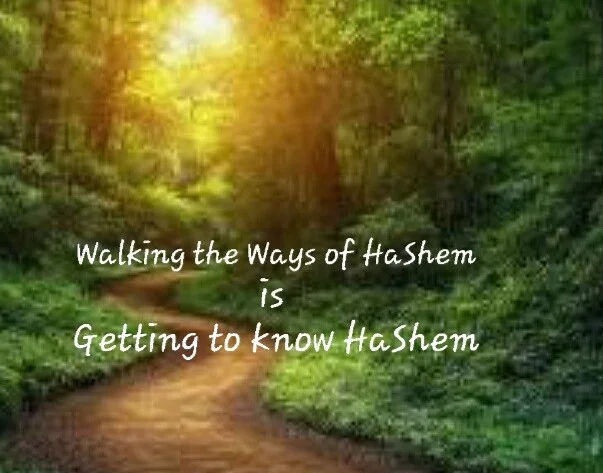Shabbat Ki Tisah
- WireNews

- Feb 17, 2022
- 4 min read
Exodus 30:11-34:35 - Drinking an Idol by Rabbi Jeremy Rosen

The focal point this week is the Golden (or more literally Molten) Calf, and the betrayal of God at the very moment God is trying to impose standards on the Israelites through a constitution from Sinai.
The Torah often repeats ways of looking at the same events that reveal different perspectives. Here the events are seen and described by three voices. The reaction of God (and Moses), the people, and Aaron. Moses had gone up the mountain leaving Aaron and his nephew, Miriam’s son, Chur in charge. Moses stayed longer than expected and the people grew uneasy, fearing he had died. They turned to Aaron and asked him to make a symbol to replace Moses as much as God who, they thought together had brought them out of Egypt.
Aaron then embarks on a series of delaying tactics asking everyone to take off the golden decorations of their wives and children hoping they would meet resistance. But they were so determined they gave up their gold willingly. It was Aaron’s idea to make a mold and turn the gold into the form of a calf. The people then declare “ This is your God Israel who took you out of Egypt.” Which doesn’t make sense since they had just seen it made. Aaron then built an altar and proclaimed a festival for God (not the idol) the following day. Then they sacrificed burnt and peace offerings and then sat down to eat and drink and finally got up to revel. The Hebrew word implies a sexual orgy.
God told Moses to go back down. He saw the idol and smashed the tablets of stone in his anger. He grabbed the idol, ground it into dust, mixed it with water, and forced them to drink it. Then he orders the Levites to execute the ringleaders. Surprisingly there were only 23,000 yet the Torah keeps on talking about ‘the people.’
Moses turns to Aaron who tried to excuse himself. They were out of control, they had killed Chur, he tried to delay them, but they would not be stopped. And he didn’t make the calf, it just jumped out of the fire that melted the gold and the festival he declared was to the one God. Perhaps Aaron’s character was more inclined to conciliation instead of confrontation.
If we look at the text, there are some mitigating circumstances. Did they not have a reason to think Moses was dead and the leader who interceded with God was gone and that God might abandon the people in his absence? How else could they get to God if not through the almost universal image at the time of a bovine Baal? If Moses symbolized God in their eyes why not Baal? Did they think that like other supposedly more advanced religions, of then and now, an image was simply a physical way of reaching towards an immaterial, non-physical God? They might have felt that they were not really worshipping an image as much as what it stood for. The trouble was that they did end up worshipping the image. As the Bible tells us about the snake on a staff that Moses erected to help cure them of snake bites that King Hezekiah had to grind into dust too. They did not realize that if you try to personify or make a symbol of God, people will end up worshipping the symbol itself instead of what it symbolizes.
It was a betrayal. The idea of drinking water mixed with dust is repeated in the Torah in the case of infidelity, the Sotah (Number 5:11-31) This was the people’s infidelity towards God. In the way that we betray our values when we worship gold or money by making it the most important thing in our lives. But what clearer way of showing how ineffective your symbol is if you can drink it and excrete it!
There is one final point. Why did the Torah tell us that after they ate and drank that they got up revel? Why celebrate with an orgy? This was the great selling point of paganism at the time (as it is today). Have fun, do as you please, enough with limitations, rules, and discipline. Moses, as Freud said, represented authority. And we all tend to rebel against authority at some stage. Until we realize that there are benefits to self-control and structure and that was what Moses wanted to teach them (and us).
Shabbat Shalom
Jeremy
###
Jeremy Rosen was born in Manchester, England, the eldest son of Rabbi Kopul Rosen and Bella Rosen. Rosen's thinking was strongly influenced by his father, who rejected fundamentalist and obscurantist approaches in favour of being open to the best the secular world has to offer while remaining committed to religious life. He was first educated at Carmel College, the school his father had founded based on this philosophical orientation. At his father's direction, Rosen also studied at Be'er Yaakov Yeshiva in Israel (1957–1958 and 1960). He then went on to Merkaz Harav Kook (1961), and Mir Yeshiva (1965–1968) in Jerusalem, where he received semicha from Rabbi Chaim Leib Shmuelevitz in addition to Rabbi Dovid Povarsky of Ponevezh and Rabbi Moshe Shmuel Shapiro of Yeshivat Be'er Ya'akov. In between Rosen attended Cambridge University (1962–1965), graduating with a degree in Moral Sciences.








